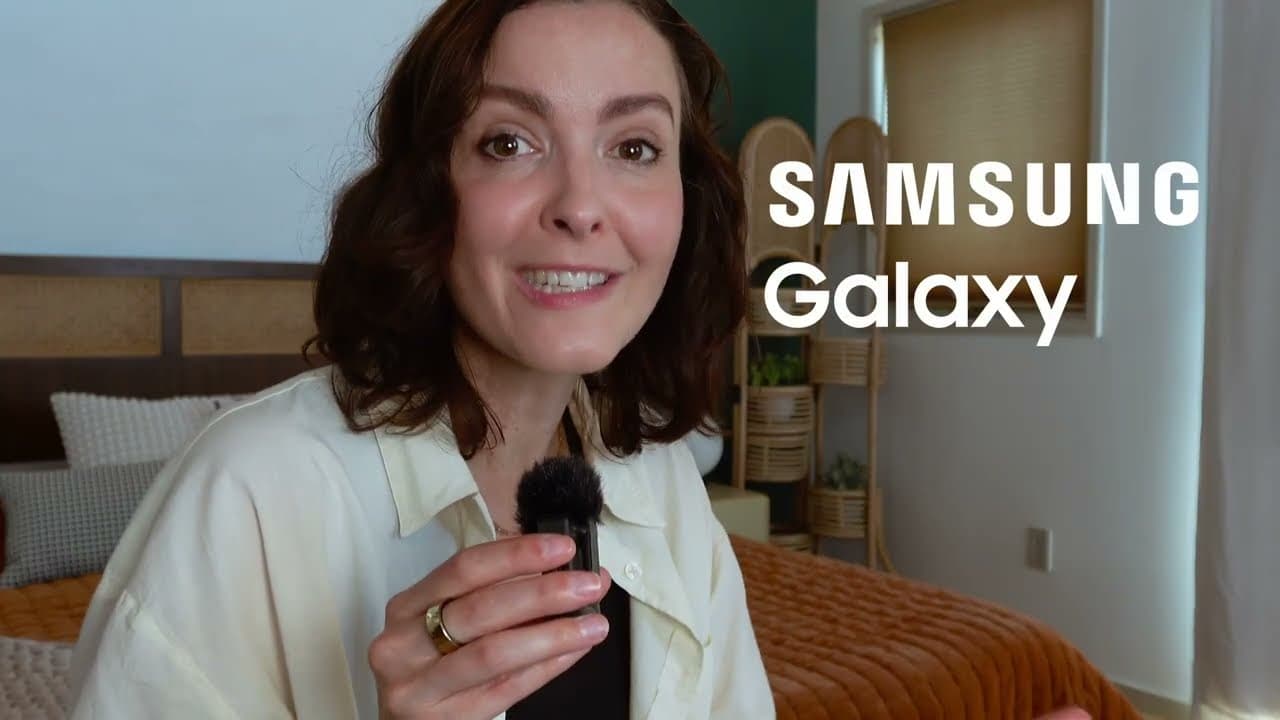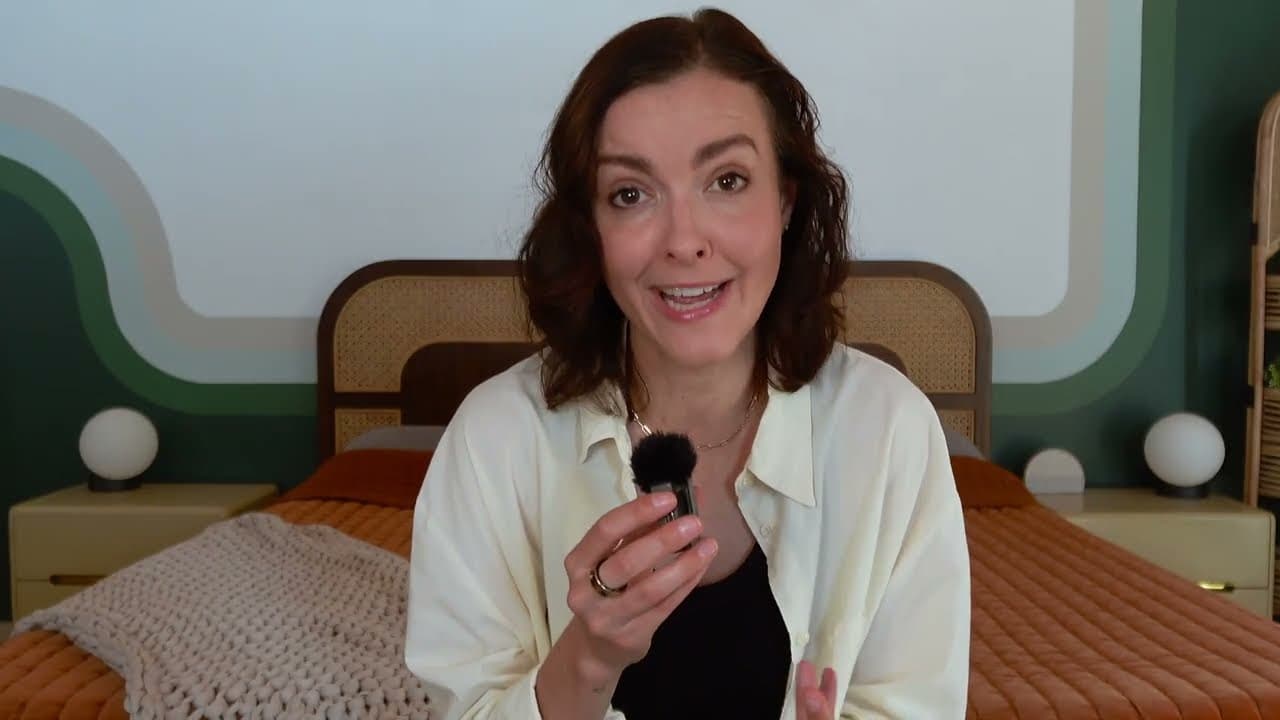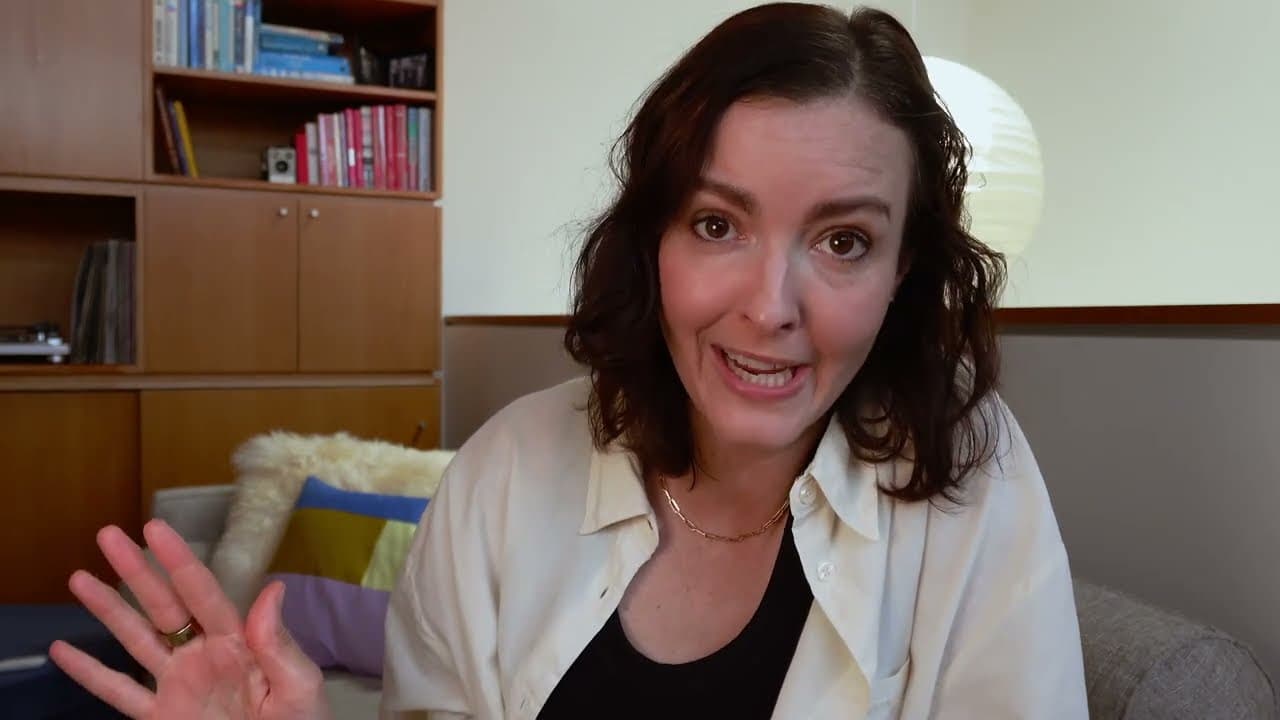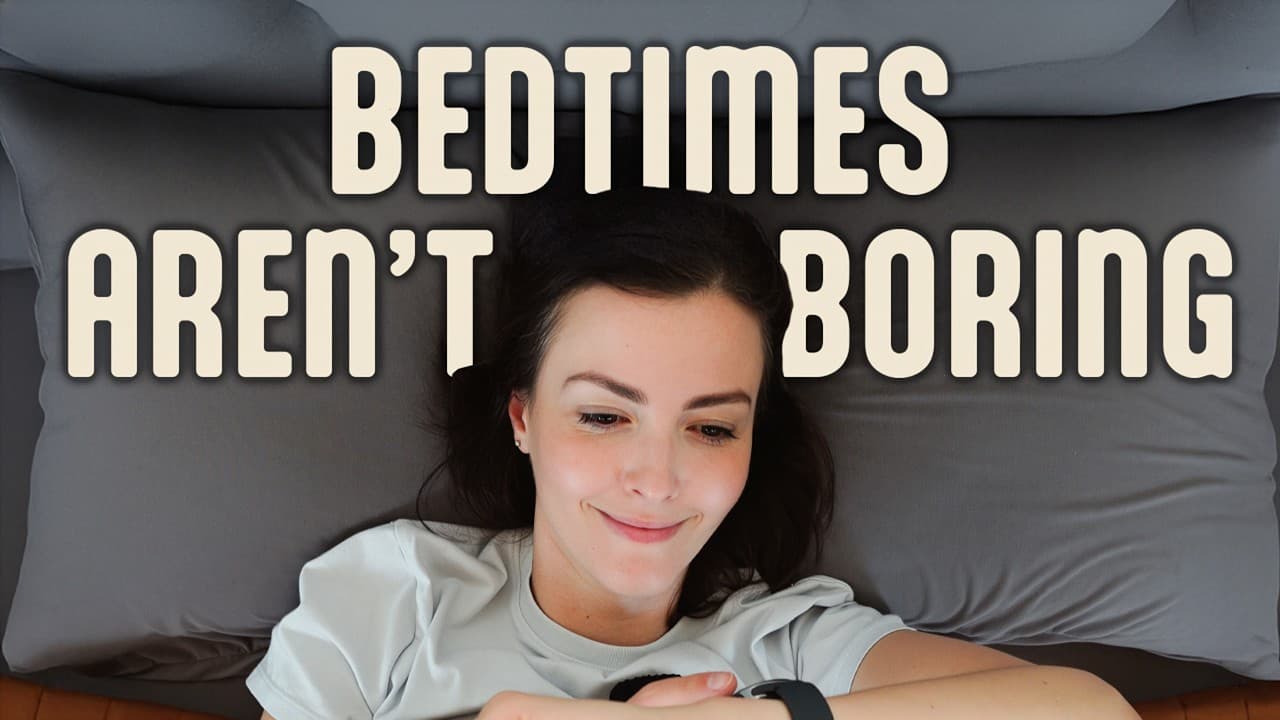Why I Discovered the Power of Bedtimes as an Adult
I never thought a simple bedtime could transform my life, but as a PhD sleep scientist, I've uncovered how it fights fatigue, boosts mood, and might even extend longevity—surprising insights that could change how you approach your nights.
TL;DR
I realized most adults lack a consistent bedtime, leading to hidden health risks like social jet lag that disrupt energy levels.
Diving into research, I found regular sleep patterns align circadian rhythms, potentially lowering disease risks and improving longevity—yet it's harder than it seems for busy lives.
Through my studies on bedtime procrastination, I uncovered the need for accountability, like tech tools, to overcome late-night temptations and maintain routines.
Testing features like Samsung's bedtime guidance showed gentle reminders can ease transitions, balancing fun with health for a more alert, enjoyable daily life.
Ultimately, embracing a bedtime framework not only enhances mental health but also sparks curiosity about how small changes can lead to lasting vitality.
As a PhD sleep scientist, I often ask myself and others: Do you have a bedtime? For years, I didn't truly have one, but through my research, I've learned that most adults don't either, which can lead to unnecessary tiredness and mood swings.
This realization came from exploring how bedtimes evolved. Historically, people followed the sun's rhythm, with activities winding down at dusk due to the expense of lamplight. In pre-industrial times, nights weren't for social events, but the industrial revolution introduced clock-based schedules, sparking issues like social jet lag where workdays and weekends misalign our biological clocks.

Social jet lag feels like constantly shifting time zones, making you crave odd snacks or naps at weird hours. At the core are circadian rhythms—those 24-hour cycles governing sleep, body temperature, and hormone release like melatonin. Chronically disrupting them links to health problems, from heart issues to metabolic disorders, as shown in large-scale studies with over 60,000 participants.
These studies from the UK Biobank revealed that irregular sleep times predict higher mortality and heart attack risks more than sleep duration alone. It's a fine line: I don't want to alarm anyone, but the facts show that consistent bedtimes benefit brain health, metabolism, and even lifespan.
For kids, bedtimes are straightforward—parents enforce them for better emotional control and rest. As adults, though, we're on our own, often procrastinating due to a need for "me time" or distractions like late-night videos. In my qualitative research interviewing 28 people, a surprising theme emerged: the lack of accountability, like having no one to answer to, makes sticking to a bedtime tough.

Personally, even I struggle when my routine falters, such as during travel or when my husband is away. That's why tools like Samsung's new bedtime guidance on the Galaxy Watch 8 intrigue me—it's like an accountability buddy on your wrist. It analyzes your last three days of sleep to suggest an optimal bedtime, considering your circadian rhythm and sleep pressure, then sends gentle reminders.
This approach reduces the shock of sudden changes, unlike abrupt shifts from social jet lag. As someone with a flexible schedule, I've tested it and found it helpful for those moments when life pulls me off track, ensuring I maintain energy without sacrificing fun.
Of course, life isn't all about strict rules. I know sleep can seem boring compared to social outings or scrolling late into the night. But in my research, participants highlighted how flexibility and grace are key—shift workers, for instance, face unique challenges. Still, setting a bedtime is the first step, much like planning for exercise, to build a framework for better habits.

With my own consistent bedtime, I've noticed real benefits: I'm more alert, in a good mood, and ready for the day. It's not about perfection; it's about creating a rhythm that lets you enjoy life more fully.
Reflecting on this journey, the science of bedtimes shows how small, intentional changes can enhance daily energy and long-term health, leaving me optimistic about the tools and insights that make it achievable for anyone.
Key Takeaways
Consistent bedtimes reduce social jet lag and align circadian rhythms for better health outcomes.
Research highlights that sleep regularity may outweigh duration in predicting longevity and reducing disease risks.
Accountability, like from wearable tech, helps overcome procrastination and maintain routines amid daily challenges.
Balancing bedtimes with social life promotes overall well-being, making energy and mental health more sustainable.

